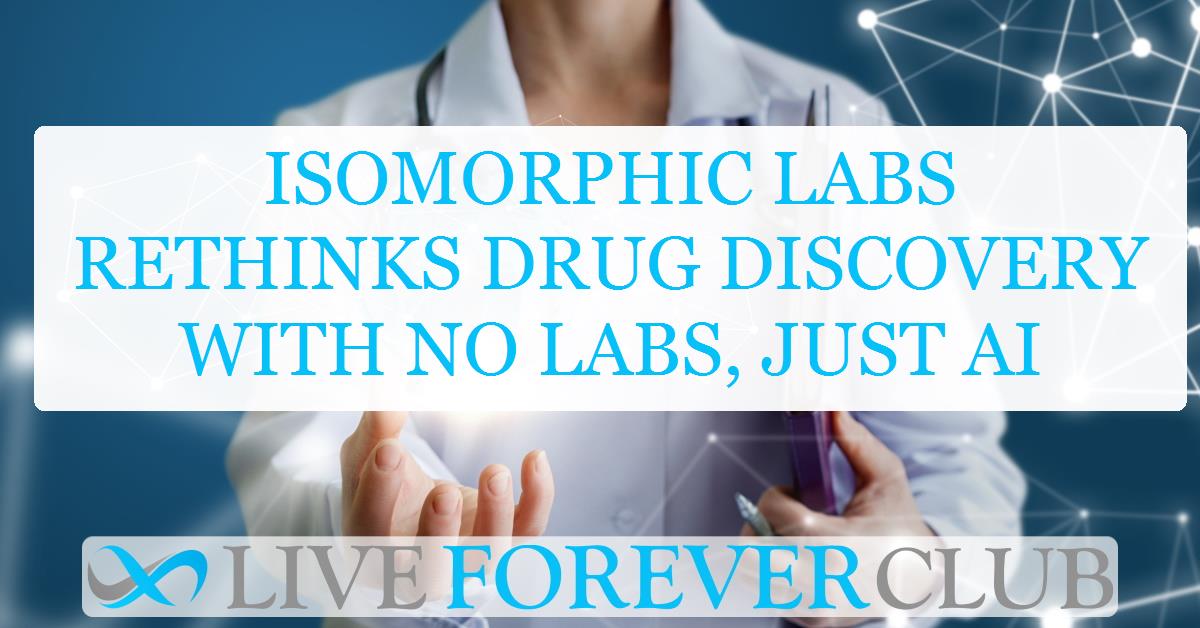Key points from article :
Demis Hassabis, a Nobel Prize-winning AI expert, is revolutionising drug discovery with Isomorphic Labs, a biotech startup focused on AI-driven solutions. Unlike traditional biotech, which relies heavily on laboratories for testing and experiments, Isomorphic operates without labs, betting entirely on computational tools to design drugs.
Founded in 2021, Isomorphic builds on DeepMind’s AlphaFold, an AI model that predicts protein structures. While AlphaFold’s success garnered industry attention, Hassabis emphasises that it’s just one piece of the puzzle. The company’s approach challenges conventional methods, aiming to significantly reduce the drug development cycle by relying on AI-powered design.
Isomorphic’s vision contrasts sharply with the “lab-in-the-loop” philosophy embraced by other biotechs, which integrate lab testing into computational processes. Instead, Isomorphic outsources experimental work to contracted researchers, focusing its resources on refining algorithms.
This unconventional method aims to cut the number of required drug design iterations from 20 to as few as two or three. Despite skepticism about whether AI alone can overcome the high failure rates in drug development, Isomorphic’s strategy has attracted multibillion-dollar partnerships and industry attention.
Hassabis brings a blend of AI expertise and a lifelong interest in biology. After earning a Ph.D. in cognitive neuroscience, he co-founded DeepMind, which gained fame for AlphaGo, an AI model that defeated world-class Go players with unprecedented strategic moves. Building on DeepMind’s achievements, AlphaFold marked a significant leap in computational biology, predicting nearly all human protein structures with remarkable accuracy. Hassabis saw this as a springboard to tackle the broader challenges of drug discovery.
At Isomorphic, Hassabis is joined by a team of experts, including longtime DeepMind colleagues and seasoned biopharma professionals. The company operates from its London headquarters and recently opened a second office in Switzerland. Their software enables chemists to design and evaluate molecules entirely through digital simulations, offering predictions for drug properties and protein interactions. This technology aims to make the drug discovery process faster and more efficient, though it faces challenges in translating computational successes into real-world therapeutic outcomes.
Skeptics, including industry veteran Joshua Boger, caution against over-reliance on technology, highlighting the unpredictable nature of drug development and the difficulty of addressing failures revealed only in human trials. While Isomorphic’s lab-free approach is unproven, its leadership remains optimistic, citing steady progress and the potential for transformative breakthroughs.
Isomorphic’s success depends on whether its AI-focused model can outperform traditional methods and deliver real drugs. Published research and partnerships provide glimpses of its potential, though the journey ahead is fraught with uncertainties. As the company continues to refine its technology, it symbolises a bold experiment at the intersection of AI and biotech, seeking to redefine how medicines are discovered.






